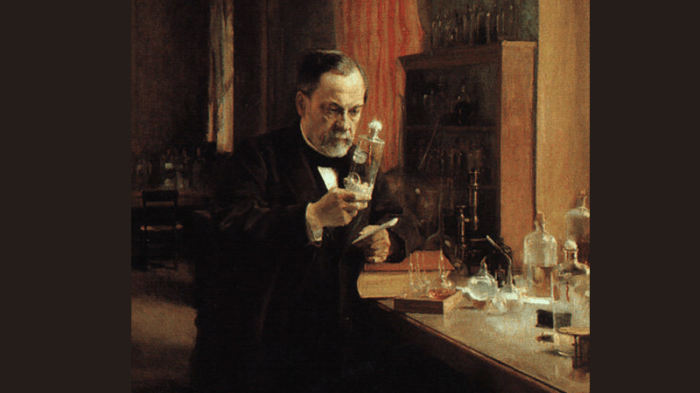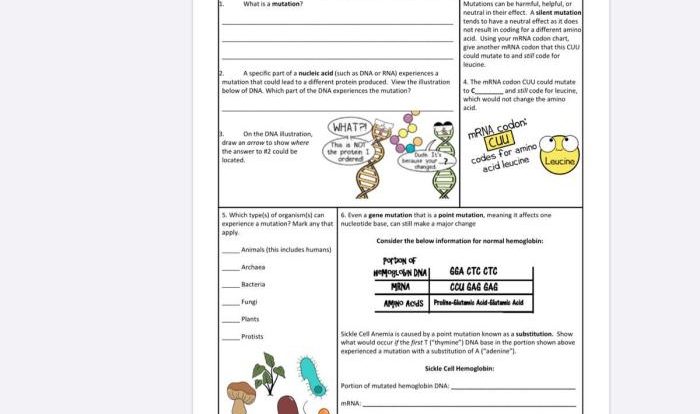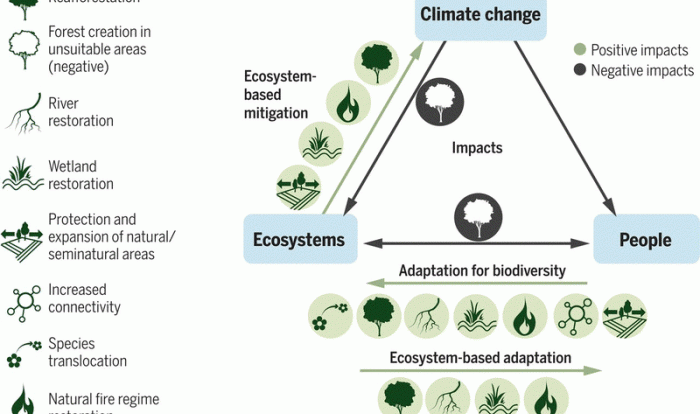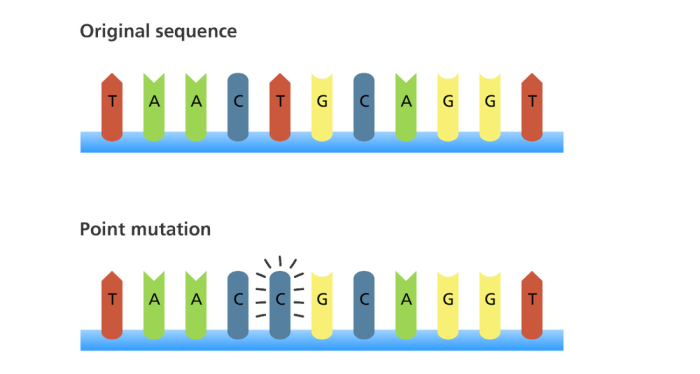Early discoveries in science cer practice set the stage for this enthralling narrative, offering readers a glimpse into a story that is rich in detail and brimming with originality from the outset. This exploration delves into the major milestones in the history of science, focusing on the early discoveries that laid the foundation for modern scientific thought.
It examines the significance of these discoveries and their impact on the development of scientific methods and theories, providing a comprehensive understanding of the evolution of scientific knowledge.
Historical Overview of Early Discoveries in Science

The history of science is marked by a series of major milestones that laid the foundation for modern scientific thought. These early discoveries revolutionized our understanding of the natural world and paved the way for the development of scientific methods and theories.
Key Milestones in Early Science
- Ancient Greece:The Greeks made significant contributions to astronomy, mathematics, and philosophy, laying the groundwork for scientific inquiry.
- Renaissance:The Renaissance witnessed a revival of interest in classical knowledge and the emergence of new ideas in science, art, and literature.
- Scientific Revolution:The Scientific Revolution of the 16th and 17th centuries saw the rise of experimental science and the development of new theories in physics, astronomy, and biology.
- Enlightenment:The Enlightenment emphasized reason and logic, leading to further advancements in science and technology.
Significance of Early Discoveries, Early discoveries in science cer practice
Early scientific discoveries had a profound impact on the development of human knowledge and civilization. They:
- Established the foundations of scientific methods and theories.
- Led to the development of new technologies and inventions.
- Improved our understanding of the natural world and our place within it.
- Shaped our worldview and influenced our cultural and intellectual development.
Methods and Procedures in Early Scientific Practice

Early scientists employed various methods and procedures to conduct experiments and gather data. These methods were often rudimentary and limited, but they played a crucial role in the advancement of scientific knowledge.
Observation and Experimentation
Early scientists relied heavily on observation and experimentation to study the natural world. They made careful observations of natural phenomena and conducted experiments to test their hypotheses.
Measurement and Quantification
The development of measurement and quantification tools allowed scientists to collect more precise data and make more accurate predictions. This was particularly important in fields such as astronomy and physics.
Limitations of Early Methods
Early scientific methods had several limitations:
- Lack of sophisticated equipment:Early scientists lacked the advanced instruments and technology available today, which limited their ability to make detailed observations and precise measurements.
- Limited knowledge:Early scientists had a limited understanding of the natural world, which influenced their interpretations of experimental results.
- Influence of personal bias:Early scientists were not always immune to personal biases, which could affect their observations and conclusions.
Comparison of Early and Modern Scientific Methods
| Method | Early Science | Modern Science |
|---|---|---|
| Observation | Qualitative, often subjective | Quantitative, using instruments |
| Experimentation | Simple, limited controls | Complex, controlled experiments |
| Measurement | Rudimentary tools, limited accuracy | Precise instruments, high accuracy |
| Quantification | Limited, qualitative data | Extensive, quantitative data |
FAQ Explained: Early Discoveries In Science Cer Practice
What were some of the key challenges faced by early scientists?
Early scientists faced numerous challenges, including limited access to resources, skepticism from the scientific community, and resistance from religious and political authorities.
How did early scientific discoveries contribute to the development of modern science?
Early scientific discoveries provided the foundation for modern scientific thought by establishing fundamental concepts and theories, developing experimental methods, and fostering a culture of inquiry and skepticism.
What are some examples of early scientific discoveries that had a significant impact on our understanding of the world?
Examples of early scientific discoveries that had a significant impact include the heliocentric model of the solar system, the laws of motion, and the germ theory of disease.



